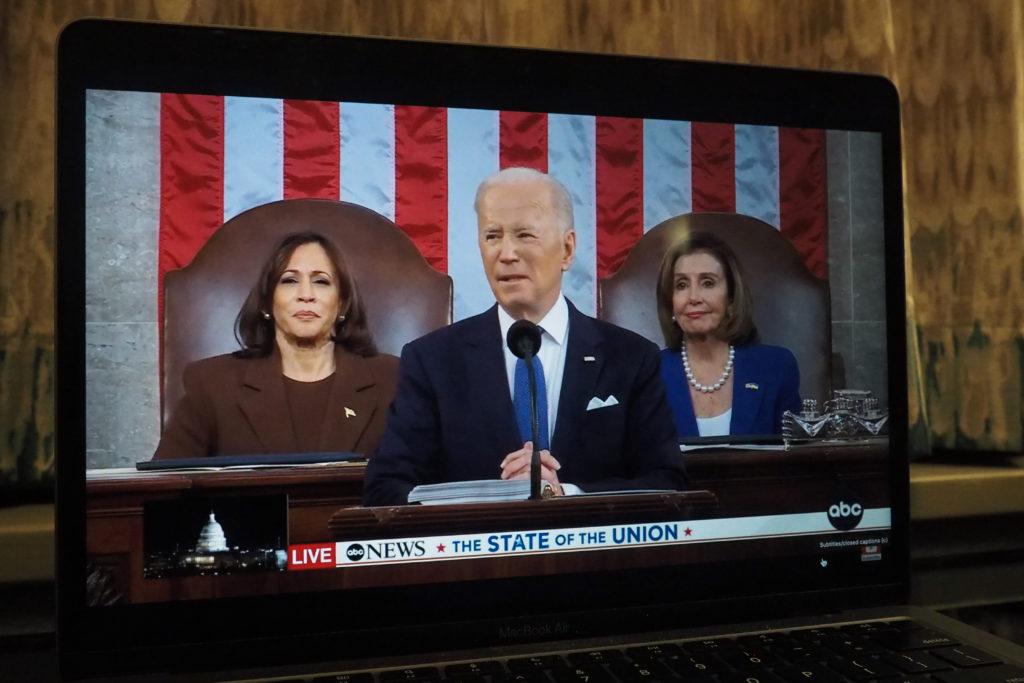President Joe Biden called on Congress to increase the maximum Pell Grant award by more than $2,000 in his first State of the Union on Tuesday evening.
Speaking in the House Chamber, Biden told members of Congress he hoped they would send him legislation to raise the maximum award from the current $6,495 cap. The White House has also indicated support for students protected under the Deferred Action for Childhood Arrivals program having access to the grants.
“Let’s increase Pell Grants and increase our historic support for HBCUs, and invest in what Jill – our first lady who teaches full-time – calls America’s best-kept secret: community colleges,” he said.
Lawmakers had already proposed a $550 cap increase as part of Biden’s Build Back Better plan, but the legislation was never signed into law.
Pell Grants, funded by the federal government, are awarded to students – generally undergraduates – who need financial assistance to pursue a college education. About a third of American college students received Pell Grants, according to 2021 College Board data.
GW joined nearly 1,200 other colleges and institutions of higher education in a letter calling on the federal government to double the maximum award for Pell Grant applicants last March. University officials launched a new fundraising campaign to grow GW’s budget for Pell Grant-eligible students in October, part of a push to increase financial aid.
The American Council on Education – which includes GW as a member – released a statement before the speech supporting Biden’s proposed increase in the Pell Grant cap.
“While these steps are not by themselves sufficient to correct all the existing inequities in higher education, we welcome this dramatic demonstration of the administration’s willingness to invest in the nation’s human capital,” the release states.
Biden said college tuition has become increasingly unaffordable for lower-income and migrant families in the United States since the beginning of the 21st century. The White House said before the speech that raising the amount of funding available to federal Pell Grants will allow more people to attend college.
The average cost of tuition at American four-year institutions rose by almost 40 percent between 2009 and 2020, according to a study published in January.
Biden said during the presidential campaign that he would support legislation canceling up to $10,000 in student debt per borrower, but Congress has not yet passed such a bill. Some lawmakers have called on Biden to cancel debt via executive action.
Biden also extended the federal moratorium on student loan repayments through May 1.








